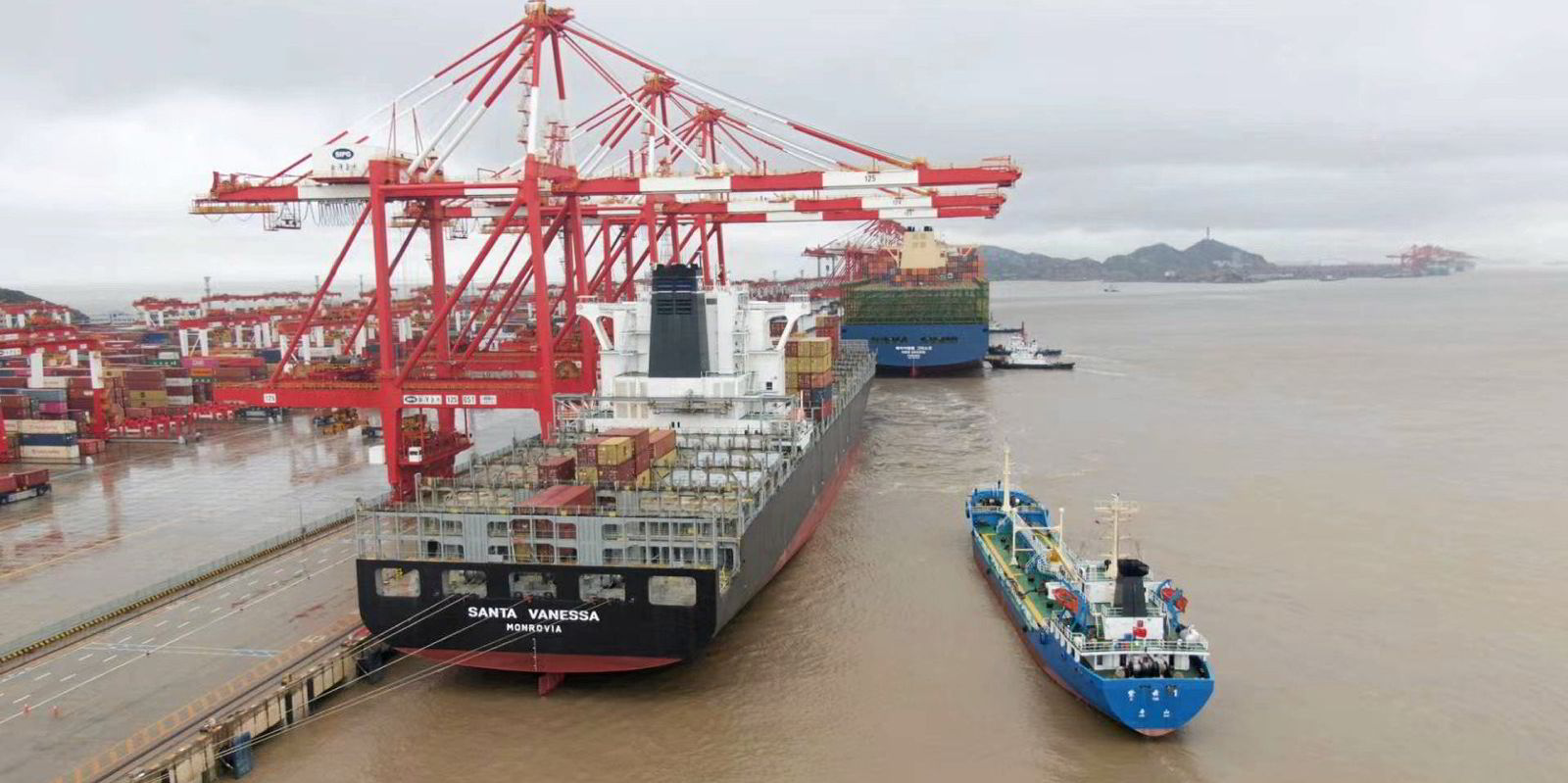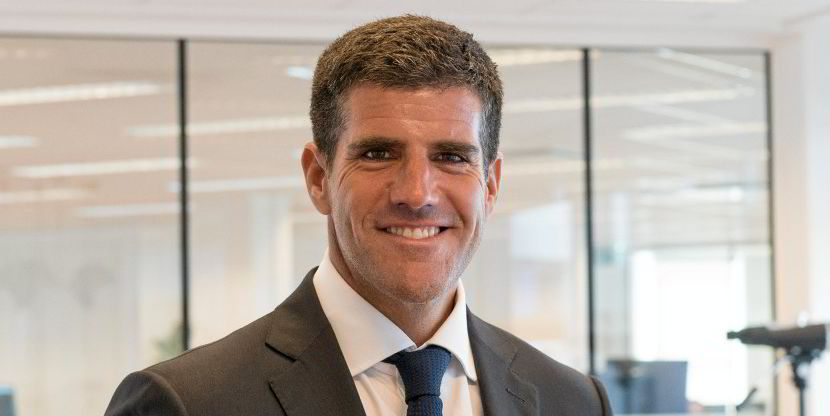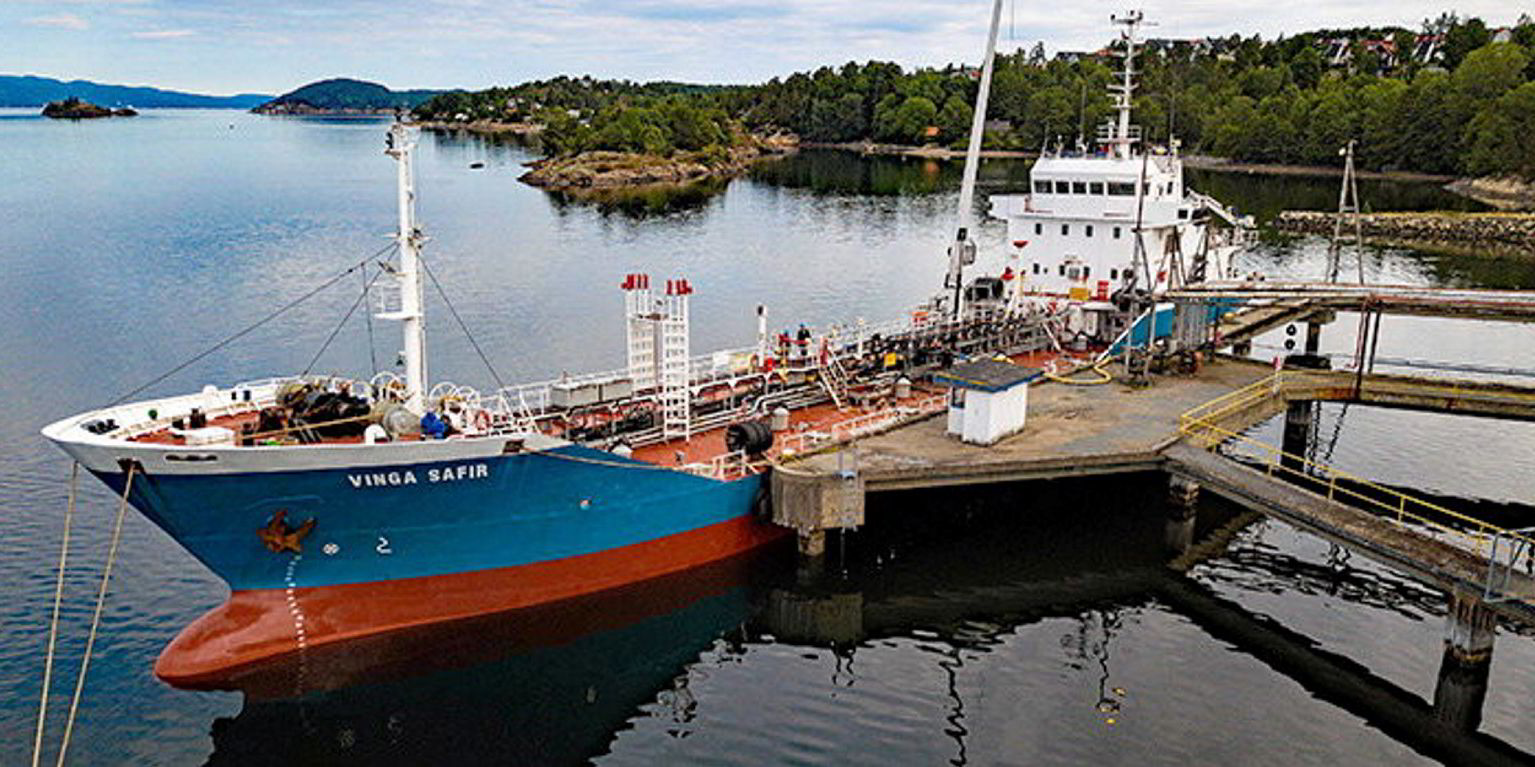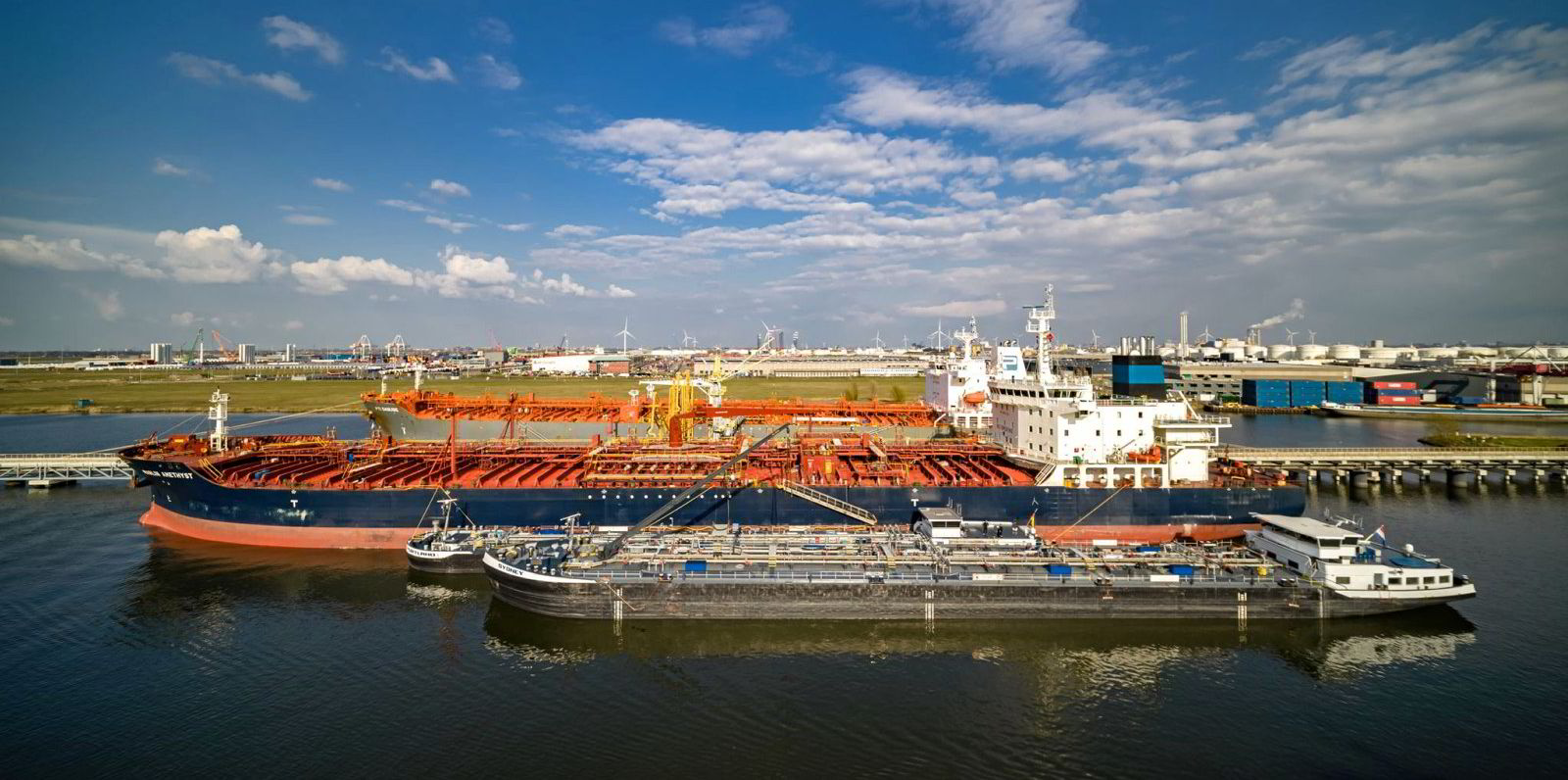Shipowners have been joining forces or partnering with major traders to purchase marine fuels in the face of tightening environmental regulations.
Industry participants believe the IMO 2020 rules have led to higher fuel prices, more quality issues and tighter credit requirements for bunker buyers.
With the upcoming decarbonisation regulations expected to exacerbate those challenges, coming together has become a way to mitigate procurement risks for big and small players alike.
Svend Stenberg Molholt, chief operating officer of bunker trader and supplier Monjasa, told TradeWinds: “We are seeing a trend towards more organised fuels procurement involving both owners and operators.
“We believe this trend is mainly driven by the rising focus on resource optimisation across the shipping industry."
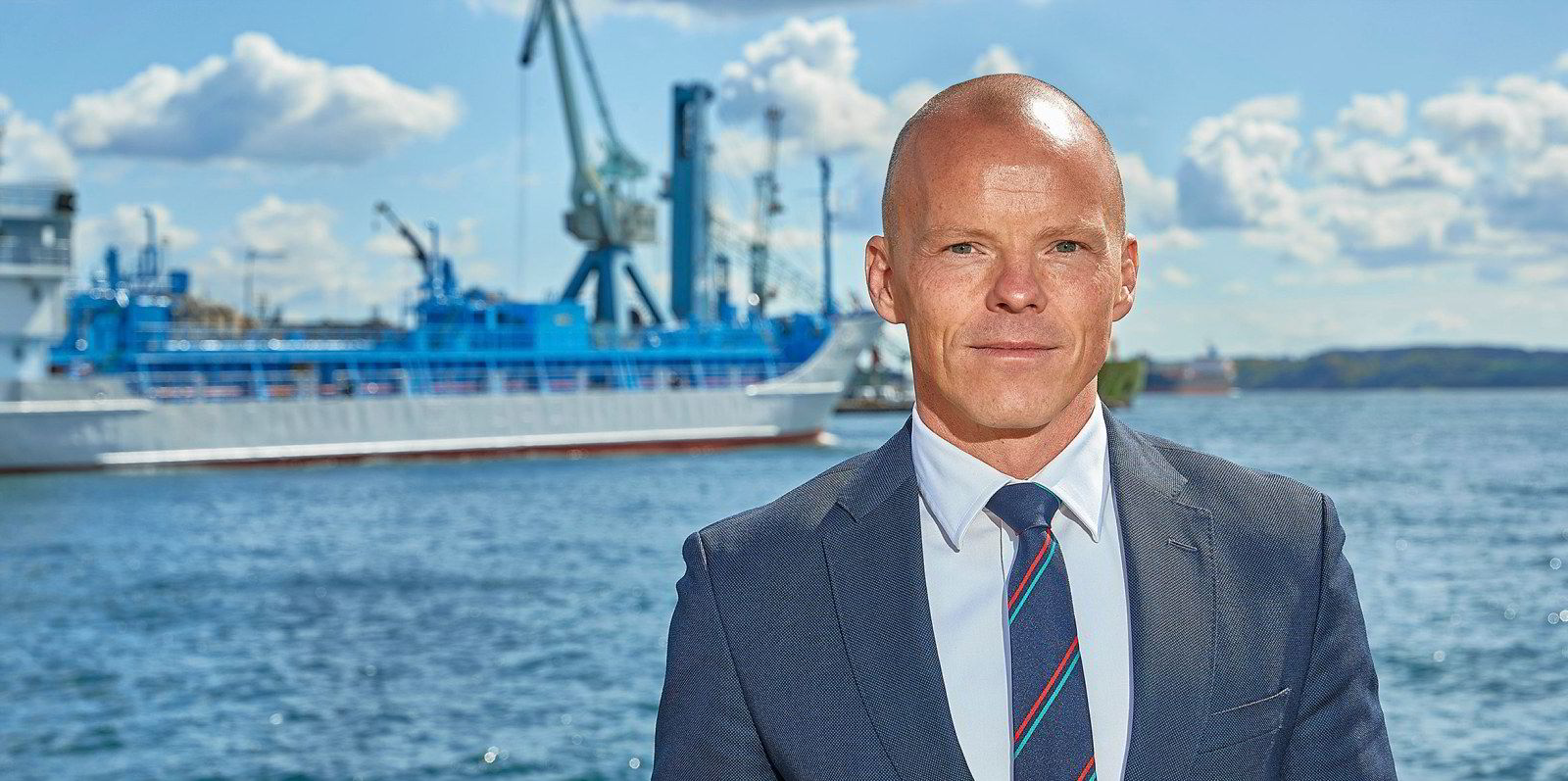
Grouping giants
In some examples, major operators are forming alliances to buy bunker fuels together for their fleets as well as third parties.
John Fredriksen’s Frontline and Golden Ocean, which operate tankers and bulkers respectively, established TFG Marine with trading giant Trafigura in 2019.
TFG Marine has acted as the exclusive buyer of marine fuel for its shareholders, Avance Gas and Flex LNG — another two Fredriksen firms — while supplying other operators.

Kenneth Dam, global head of bunkering at TFG Marine, said: “We’ve seen a marked increase in interest from larger buyers joining forces and gathering their volumes to negotiate better pricing and terms directly with global suppliers of marine fuels.
“This market is changing rapidly and customers are looking for more than a basic buyer/seller relationship. As well as good terms, transparency and high levels of service, they are also looking for a strategic relationship on the marine fuels that are being developed for the future.”
Separately, Cargill launched a bunker-procurement service earlier this year and got Maersk Tankers on board as its first customer.
The business was thus able to start with an initial bunker volume of 3.5m tonnes per year for more than 900 vessels operated by the two companies.
Pool power
While pool managers have always been purchasing bunkers for the vessels under their management, some of them are expanding further in the fuel business in recent years.
Navig8’s Integr8 Fuels has grown to become one of the world’s largest bunker traders with an annual trading volume of 6.1m tonnes, supplying 5,000 ships within and outside its parent group.
Hafnia, which is part of BW Group, began to buy marine fuels for ships for third-party operators four years ago. Its procurement volume is expected to grow to 2.5m tonnes this year from just over 2m tonnes in 2020.
The Singapore-based owner and pool manager currently procures for more than 550 tankers, bulkers and gas carriers, including some operated by other BW subsidiaries.
Peter Grunwaldt, head of bunkers at Hafnia, said his company seeks to earn commissions rather than trade profits.
He told TradeWinds that owners would not know the margins of their counterparties when buying fuels from traders.
“Whereas, in our model, it’s super transparent,” Grunwaldt said. “The smallest shipowners and operators … don’t have designated bunker people out there. So they trust us.”
Together we can be strong
By grouping together, some experts said vessel operators hope to better comply with increasingly stringent fuel regulations at lower costs.
Adrian Tolson, director at consultancy firm BLUE Insight, said: “The bigger buyer can provide significant fuel demand for a new fuel tech, and so benefit in getting some sort of supply deals done.
“In a pre-decarbonisation world, consolidation of purchasing — if done well — can lead to better prices of beneficial hedging strategies.
“Of course, it can also have the opposite effect of any of these [when] done badly.”
Christian Plum, chief executive of software firm BunkerMetric, said small and midsize players could benefit from acquiring fuels from capable middlemen, especially on the credit front.
“Suppliers would like you to pay upfront, but buyers usually prefer 30 days of credit,” Plum said. “All these things can be mitigated by a good broker, who will have local knowledge on which suppliers are trustworthy.”
This trend could be even favourable to fuel sellers in the long run.
“Bunker suppliers can lose margin in today’s world with purchasing consolidation, but the close relationship with a [future] buyer of low-carbon fuels can only benefit suppliers,” Tolson said.
“All new fuel providers need clients — a good relationship with a major buyer can mean proof of concept, technology and financial success for suppliers of future low-carbon fuels.”
